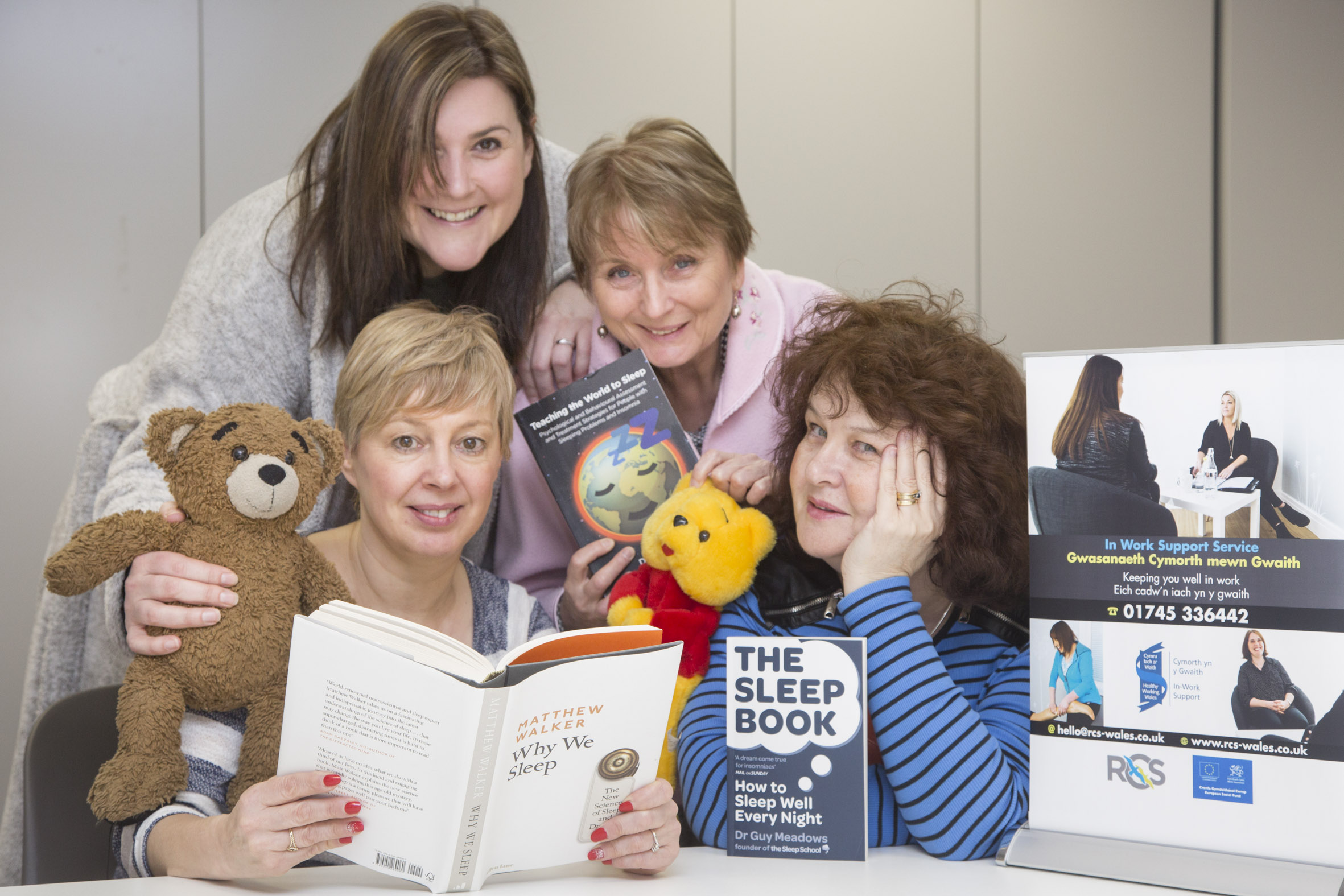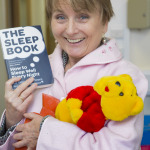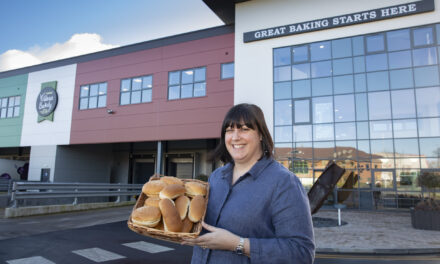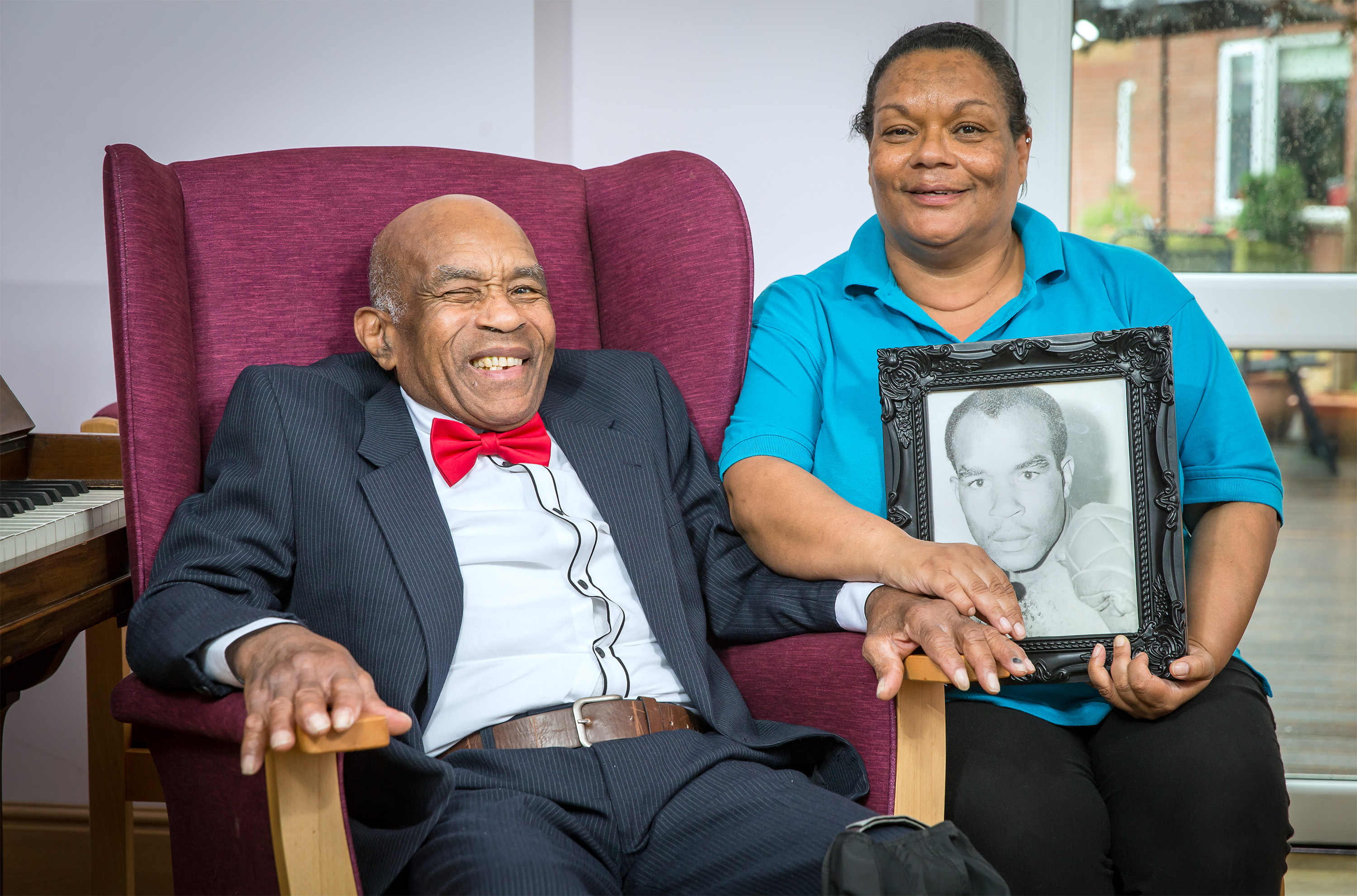North Wales bosses are being encouraged to tackle the epidemic of sleeplessness that is affecting workers across the country.
A lack of sleep is to blame for more than 200,000 working days being lost every year in the UK – at a cost of £30bn – with more than a third of people getting fewer than seven hours a night.
Figures also show that one in every five accidents on major roads are sleep-related – with 40% of them involving commercial vehicles.
Stress, computers and taking work home are often blamed, while working nights can also lead to a lack of sleep, with shift workers, including production staff and those working in care homes, as well as parents of young children all affected.
Now sleep workshops are being launched by Rhyl City Strategy (RCS) to help firms identify the problem and draw up ways to tackle the issue.
The three-hour sessions being run by RCS across the region will be able to help people understand their individual sleeping needs and make changes that will improve their health and productivity.
RCS, which has offices in Rhyl and Bangor, delivers a range of services across North Wales to help more people to enter and sustain in employment through improving their employability and wellbeing.
Joanne Bartlett-Jones, RCS operations manager, said: “There has been much more emphasis on the importance of sleep in recent years. A great deal of research has taken place which shows how important sleep is to our wellbeing as a whole.
“Inadequate sleep can lead to many social, physical, mental and emotional problems for the individual and society.
“Research shows that there are things we as individuals can do to change our practices and habits in order to improve the quality of our sleep.
“The aim of the workshops is to enable people to understand the importance of adequate sleep. It’s something we all have to do but people maybe don’t realise how important it is.”
She added: “Not having a good night’s sleep has a knock on effect on your daily life and your health and well-being. Making a slight change can make a big impact on your health.
“The workshops will look at sleeping environments and habits. Do you play X-Box before bed? Do you sleep late and wake up late?
“We will tune into that and possibly make a few tweaks so that you’re getting the best sleep possible and in a position to face the day ahead.
“We may find underlying issues that people didn’t realise were there and then they can access support for that.
“These workshops are part of our In Work Support Service to support employers with staff who have mild to moderate musculo-skeletal or mental health problems.
“They could already be off sick or be having issues in work which could lead them to being off sick.”
Research shows that high levels of sleeplessness can lead to people catching colds, developing depression or dementia, and even suffering a stroke or heart attack. The risk of obesity, cancer and diabetes is also increased.
Anyone who gets less than seven hours rest a night is at heightened risk of damage to their physical or mental health. Poor sleep also affects memory, decision-making, creativity and mood.
The lack of sleep may be caused by alcohol, exercise, caffeine, noise, young children, shift work, or using phones and iPads late at night.
RCS launched its new course on World Sleep Day, March 16, delivering the first workshop to its own staff team in Rhyl. The course was designed by RCS employee Doris Adlam with support from the Newcastle-based organisation Sleep Unlimited and incorporating recent insights from leading neurologist Matthew Walker.
Doris said: “It is a three-hour session which covers why sleep is important and the impacts of inadequate sleep. It gets the conversation going and then we can input the science.
“We find out whether you’re an owl or a lark or a short or long sleeper, and then how much sleep you actually need.
“We are all individual, all different, so we don’t need the same amount of sleep. The workshop covers four main areas.
“The first is routine. We all have an inbuilt cycle known as a circadian rhythm, which can be affected by sunlight. I found understanding this aspect particularly useful.
“Some people need to change sleeping patterns. Some may need to go to bed later, rather than early. It’s about checking that they’re doing the right things.
“Then there is our sleep environment. What’s going on around us? Is there noise? Do we have a comfortable bed?
“We look at eating and drinking habits, such as when and how much coffee, tea, alcohol or food you have.
“And finally we look at what keeps our minds awake at night and what can we do to address that. If there are underlying causes that need counselling we can refer individuals.”
With its headquarters in West Rhyl, RCS now operates across the whole of Conwy, Denbighshire, Anglesey and Gwynedd. Its In Work Support service has provided support for over 2,000 people since January 2016.
RCS’ In-Work-Support Service, which is part-funded by European Social Funding through the Welsh Government, is aimed at reducing sickness absence, providing support and work-focussed therapies to help employed or self-employed people address common health problems which are affecting their attendance or productivity. This might include low mood, anxiety or depression, or a physical condition which is causing pain or affecting mobility.
People can refer themselves to the service, by calling 01745 336442 or visit rcs-wales.co.uk
NHS tips for a good night’s sleep
- avoid heavy or spicy food for two to three hours before bedtime
- no technology in the bedroom
- use blackout blinds to make your bedroom darker or an eyemask
- make sure the room isn’t too hot or cold
- avoid naps after 5pm
- and establish a regular wind-down routine, such as gentle stretches, a warm bath or listening to a relaxation CD
- going to bed at roughly the same time every night
- keep a sleep diary to identify problems











